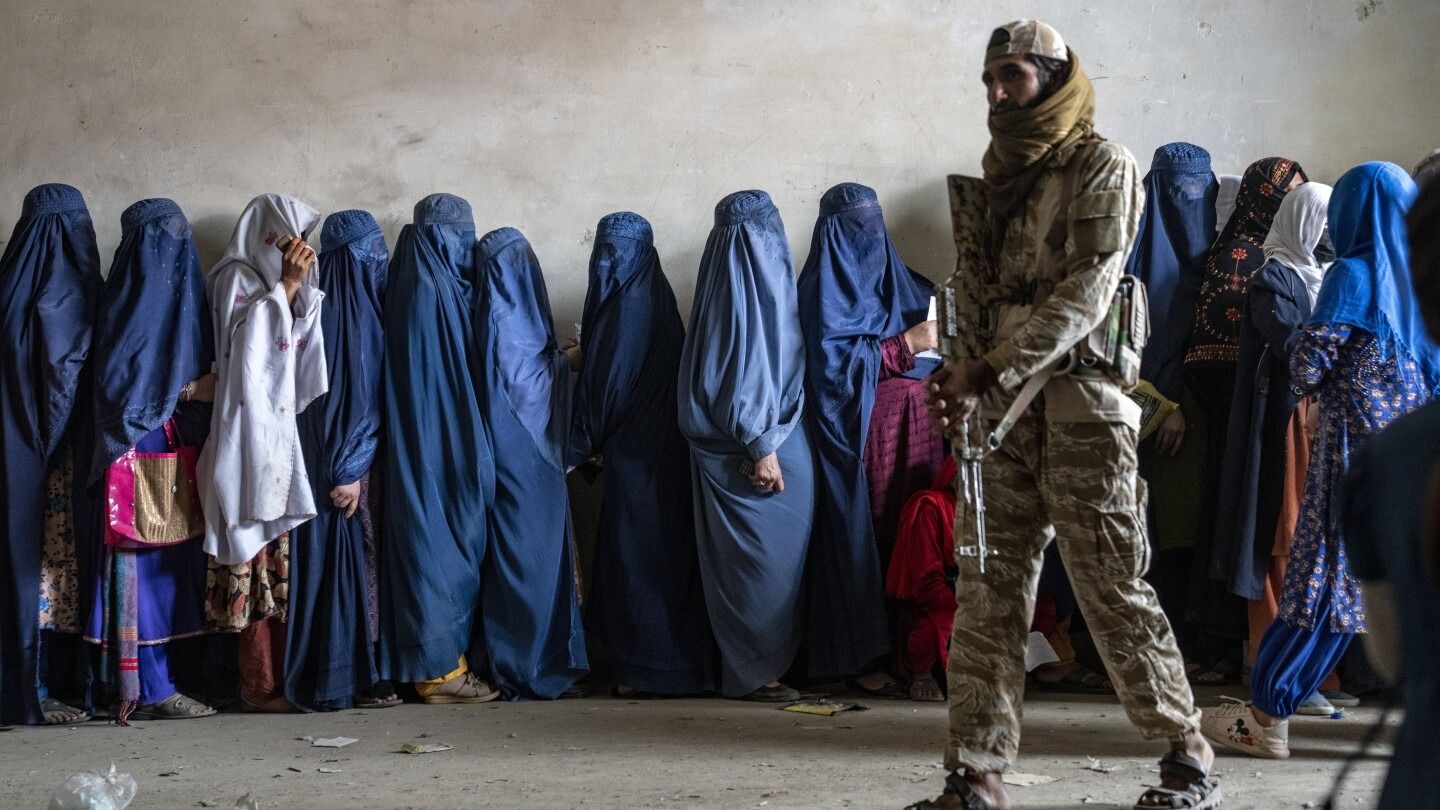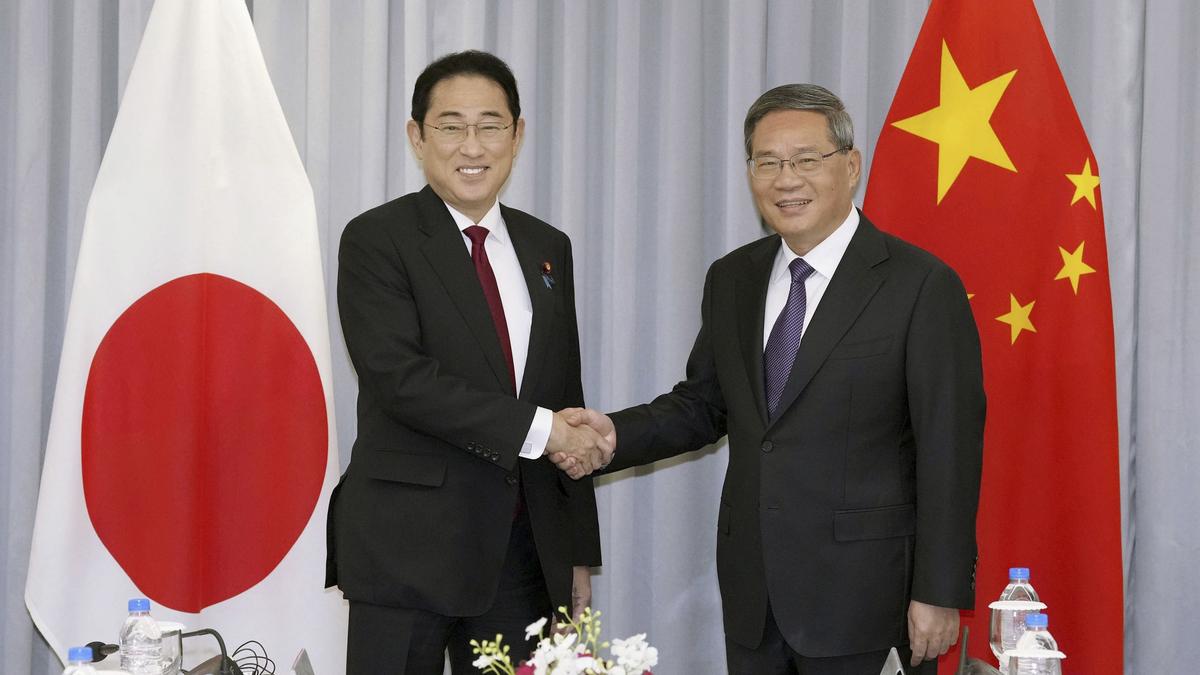In a new restriction further limiting women’s freedoms in Afghanistan, the Taliban has issued an order forbidding women from reciting the Quran aloud in the presence of other women. This latest edict from Mohammad Khalid Hanafi, the Taliban minister for the propagation of virtue and the prevention of vice, effectively prevents women from hearing each other’s voices while praying. The order was reported by Amu TV, an Afghan news outlet based in the United States.
Hanafi argued that women are already prohibited from making the Takbir or Azan, the Islamic call to prayer, and therefore should also avoid any vocal recitation of the Quran around other women. “When women are not permitted to call Takbir or Azan…they certainly cannot sing songs or music,” Hanafi said.
Hanafi further elaborated, according to The Telegraph, explaining that women’s voices are regarded as “awrah” — a term meaning they must be covered and should not be heard publicly. “Even when an adult female prays and another female passes by, she must not pray loudly enough for them to hear… How could they be allowed to sing if they aren’t even permitted to hear [each other’s] voices while praying, let alone for anything else,” he stated.
Here is what you need to know
While the current restriction applies specifically to prayer, experts worry that it signals a broader crackdown on women’s ability to communicate publicly, potentially isolating them further from society. The rule comes shortly after the Taliban’s August mandate that women cover their bodies entirely, including their faces, when outside the home.
Under Taliban rule, which resumed in 2021, Afghan women face numerous restrictions. Reports from local media indicate that women are now widely discouraged from speaking in public, with special restrictions even on female healthcare workers who are among the few women permitted to work outside their homes. A midwife in Herat described to Amu TV the limitations she faces, explaining that female healthcare workers are often barred from speaking publicly, especially with male relatives. “They don’t even allow us to speak at checkpoints when we go to work. And in the clinics, we are told not to discuss medical matters with male relatives,” she said.
The extent to which this recent decree has been enforced is unclear. However, it adds to a growing list of strict measures that human rights advocates warn will further restrict Afghan women’s basic rights and freedom to participate in public life.
Taliban’s New Edict Bans Women From Hearing Each Other’s Voices world-news World News | Latest International News | Global World News | World Breaking Headlines Today




